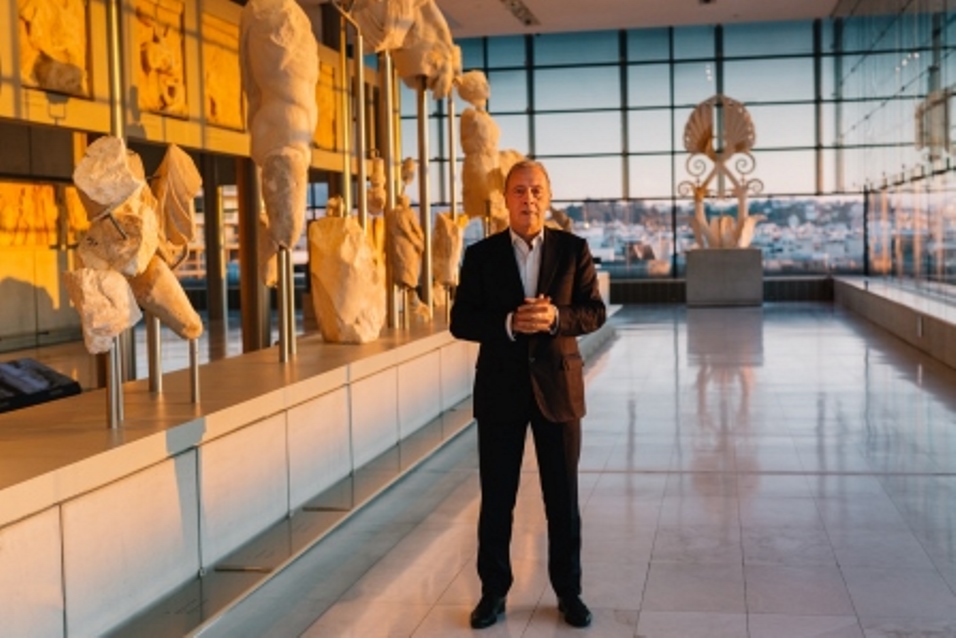The Parthenon Sculptures will be returned to Greece, Nikolaos Stampolidis, the general director of the Acropolis Museum, told the Hellenic Broadcasting Corporation, ERT.

For many campaigners including BCRPM, the role of the Acropolis Museum in the reunification of the Parthenon Marbles has been pivotal since the days when founder Eleni Cubitt was invited to look over the architects proposals for a new Acropolis Museum. It was just short of two decades that BCRPM organised an event for Professor Pandermalis, the then Director of the new Acropolis Museum to present the winning scheme. The London venue for that event was just a stone's throw away from the British Museum.
Professor Stampolidis in his ERT interview pointed to the UNESCO decision regarding the reunification of the Parthenon Sculptures in September 2021 as a crucial turning point, describing it as “the most significant…in recent years.”
BCRPM acknowledges that since 2009 and the opening of the Acropolis Museum, the case for reunification has strengthened annually.
"Stampolidis also noted that the unprecedented success of the Acropolis Museum in attracting visitors and hosting major exhibitions has cemented its role as a world-class institution capable of housing and showcasing the reunited Parthenon sculptures.
The museum’s visitor numbers have surged from 1.5 million in 2022 to 1.95 million in 2023, demonstrating its growing international appeal and position among Europe’s most iconic museums." Writes Nick Kampouris, for the Greek Reporter on Monday 28 October 2024.
That the argument for reunification extends beyond national boundaries has been emphasised and explored in media outlets throughout the world. Stampolidis stressed that “the reunification is not just a Greek request; it’s a global demand.” There is no doubt also that ethical arguments continue to garner support of Greece’s case against the British Museum's stance.
Stampolidis also pointed out that international law does not support the retention of illegally acquired artefacts regardless of the time that has passed since their removal. While acknowledging the political nature of the issue and its intricate implications on domestic British politics, Stampolidis, rightly remains confident.
“I deeply believe within two to three years there will finally be a successful outcome for returning the Parthenon sculptures to Greece,” he stated. This optimism is partly based on growing international support, including unexpected backing from countries such as Turkey.